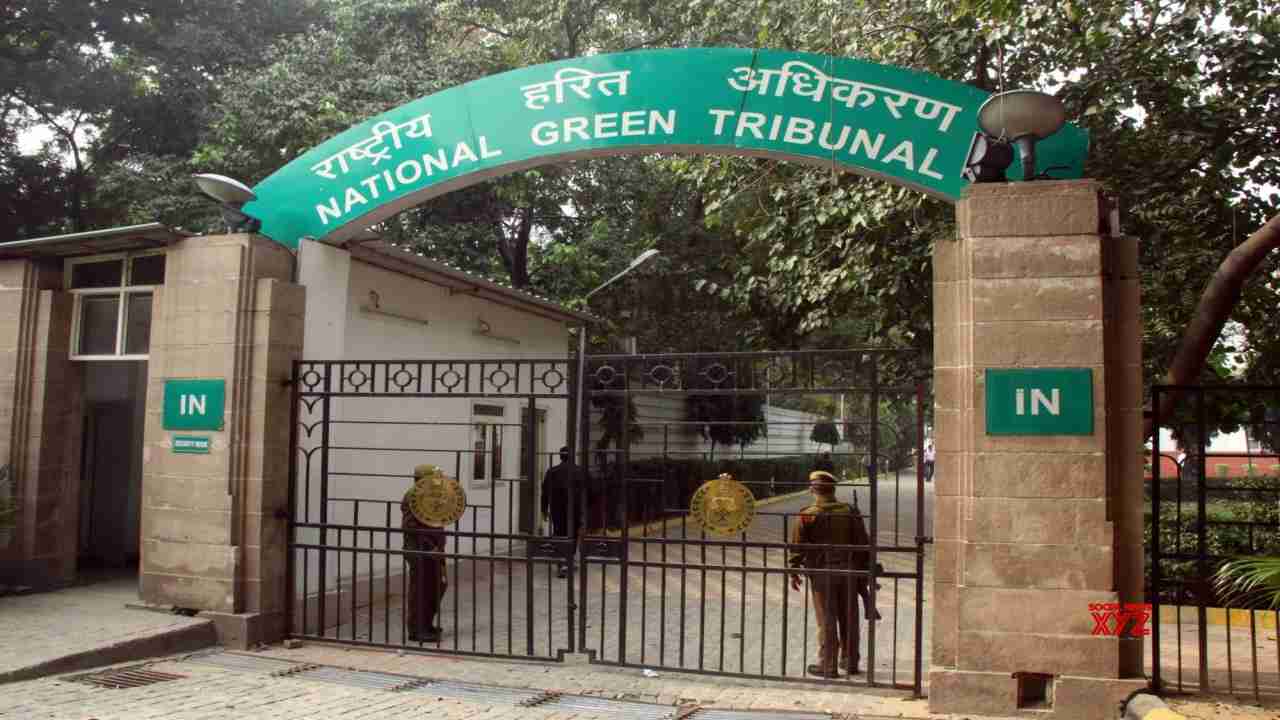Acommittee set up by the National Green Tribunal to monitor compliance with noise rules in Delhi has suggested the city government follow a zero-tolerance policy against unnecessary honking and the use of modified silencers.
In a report submitted to the green court, the panel said the incessant traffic noise, relentless honking, pressure horns, and modified silencers are major contributors to noise pollution.
”Alternative measures such as planting of trees, awareness concerning no-honking, quieter vehicles, quieter tires, speed reduction, home insulation, smooth road surface, etc., could be adhered to reduce vehicular noise. The better option is to increase awareness just like in the case of firecrackers and to increase prosecution.
”A zero-tolerance policy should be followed in case of unnecessary honking and use of modified silencers,” the report read.
The panel told the court that the Delhi Traffic Police issued 331 challans against the use of pressure horns, 30 against honking in silent zones, 773 against modified exhausts/silencers, and 59 for playing loud music in vehicles between January 1 to March 31.
The committee has also asked sub-divisional magistrate, Hauz Khas, the nodal officer to monitor compliance with noise rules in Delhi, to prepare and put up a proposal to prevent the illegal sale of modified silencers and pressure horns in markets. To prevent noise pollution due to amplifiers and loudspeakers at religious places, the panel suggested that local bodies and station house officers conduct regular meetings with office-bearers of religious institutions for ”self-regulation of noise instruments”.
”Sound from mics should be limited to the premises and should not cause inconvenience to others,” the committee said, adding the office-bearers of religious institutions ”shall be pursued to install sound limiters to abide by noise rules”.
On the suggestion of the committee, the city government has proposed to empower officials of civic bodies to take action against those causing noise pollution.
The Delhi Environment Department has also submitted a proposal to the Union Environment Ministry to designate SHOs as an authority to prosecute violators under noise pollution rules.
Under the Noise Pollution (Regulation and Control) Rules, 2000, deputy commissioners, sub-divisional magistrates, assistant commissioners of police (traffic), sub-divisional police officers — including of railways and airports — and member secretary and chairman of the Delhi Pollution Control Committee have been designated as an authority to take action against violators.
In Delhi, the local and civic bodies — MCD, NDMC, and Delhi Cantonment Board — are not empowered to initiate legal action under the Noise Pollution (Regulation and Control) Rules. The only option available to them is to report the violation to the designated authorities.


















